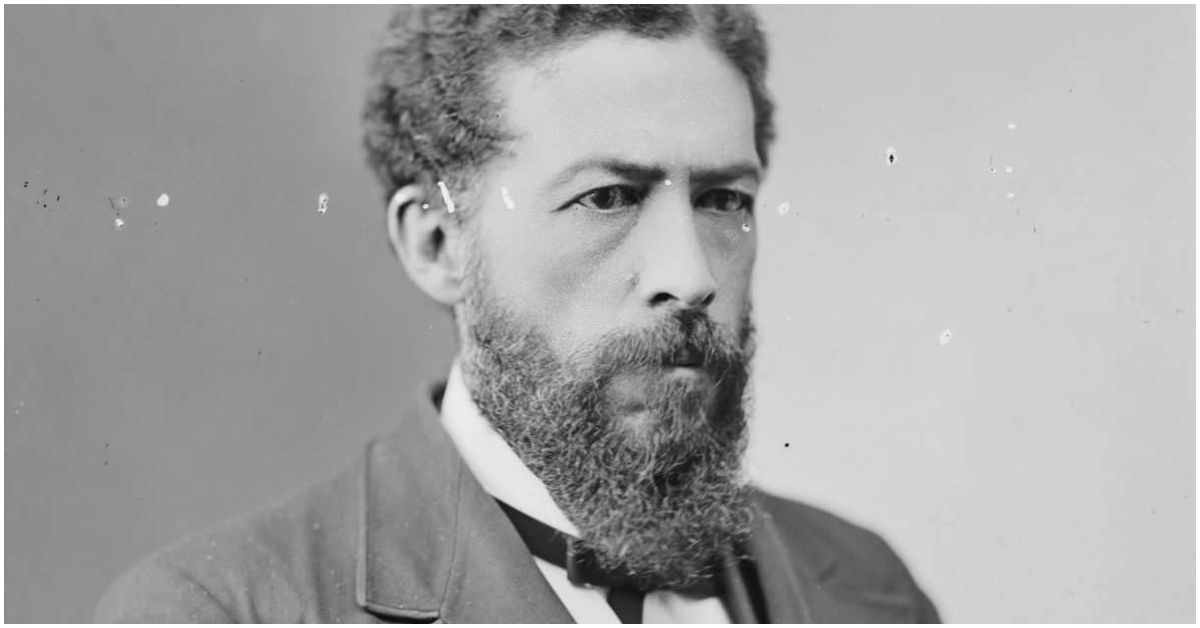Breaking Barriers in the Legal Profession
John Mercer Langston, an attorney, abolitionist, educator, diplomat, and politician, etched his name in history as one of the most prominent African Americans in the 19th century. In 1854, Langston achieved a groundbreaking feat by becoming the first African American licensed to practice law in Ohio.
Born a free person of color in 1829 in Louisa County, Virginia, Langston’s remarkable journey began when he went to live with his older brothers in the free state of Ohio after the death of his parents in 1834.
“Langston was the first African Americans to hold elective office in the U.S. (he was elected township clerk in Brownhelm, Ohio, in 1855), and at the end of his career became the first Black man to represent Virginia in the U.S. House of Representatives,” stated a source.
A Pioneering Educator and Advocate
Langston’s dedication to the pursuit of knowledge and equality propelled him to the forefront of various movements and institutions. He received a master’s degree in theology from Oberlin College in 1852 and subsequently studied law in Elyria, Ohio, paving the way for his historic achievement in 1854.
During the Civil War, Langston played a pivotal role in recruiting for the Union’s first Black regiment, the Massachusetts 54th, as well as the Massachusetts 55th and the Ohio 5th, showcasing his unwavering commitment to the abolitionist cause.
A Trailblazer in Politics and Diplomacy
After the war, Langston’s remarkable career continued to soar. He was appointed inspector general of the Bureau of Freedmen, Refugees, and Abandoned Lands and served as the dean of the law department at Howard University from 1869 to 1876.
In 1877, President Ulysses S. Grant appointed Langston as the U.S. minister to Haiti and chargé d’affaires at San Domingo, further solidifying his status as a pioneering figure in the realm of diplomacy.
A Legacy of Perseverance and Resilience
Langston’s journey was not without challenges. In 1888, he ran for the U.S. House of Representatives from Virginia’s Fourth Congressional District as an independent Republican, facing substantial fraud, bribery, and vote-suppression. Despite the initial setback, he persevered and won after almost two years of litigation, serving from September 23, 1890, to March 3, 1891.
After losing his bid for reelection, Langston divided his time between Petersburg, Virginia, and Washington, D.C., where he completed his autobiography, “From the Virginia Plantation to the National Capitol,” a testament to his remarkable life and legacy.





